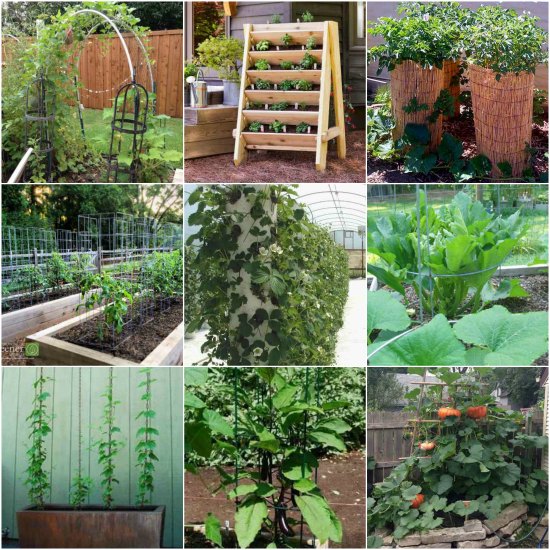Everything a Senior Gardening Enthusiast Needs to Know

Gardening is a calming and peaceful outdoor activity enjoyed by people of all ages. Although frequently pursued by older adults, gardening should still be viewed as a strenuous activity to be approached safely and cautiously.
For seniors and those with limited mobility, there are a few simple tips you can remember to promote gardening safely, avoiding muscle aches, strains, falls, and exhaustion.
-
Preparation
Gardening involves spending long periods of time outside while leaning, bending, moving, and stretching towards the ground. As you would prepare for any exhausting activity, it’s important to remember to hydrate properly before beginning. In addition to hydrating, dressing appropriately in light and breathable clothing, and timing your gardening outings to early mornings or late afternoons can all mitigate the harmful effects of the sun on your body and prevent overheating.
Once properly equipped, a series of simple stretches to limber up your joints can prevent a handful of painful complications that arise from the awkward positions that gardening often forces your body into.
-
Gardening Tips
Once you’re all hydrated and dressed for the weather, there are a few more important things to remember during your time spent gardening. Planting, watering, and maintaining vegetation often lead to kneeling over frequently, bending down, and stretching your body in unnatural ways. To best avoid this, using a raised gardening bed,

or planting vertical growing vegetation in your garden can put your plants within better reach of yourself in a standing position, which is less likely to cause stress on your muscles.

For those who don’t want to spend the time or money on vertical plants or raised gardening beds, simply knowing the proper way to kneel and tend to your garden can give immeasurable long term benefits to your body.
Additionally, kneeling or sitting on hard and uneven surfaces can also be a source of joint and muscle pain that you may not feel until the day following the long day of gardening. To prevent this, kneeling or sitting on padded cushions can make both the day-of and the day-after gardening more comfortable. Using a pillow or seat cushion you have at home will suffice, or a 360˚ rotating seat cushion if you prefer eased mobility while tending to your garden.
Carrying heavy gardening tools, bags of soil, or plants can also be more exhausting than one might think. A wheelbarrow, or all-purpose-utility-cart can be an excellent solution for shifting the weight from your body to a useful aid to daily living. Some utility carts even come with seats built into them, to provide you a mobile place to rest while you move your equipment.
Another way to avoid possible injury during gardening would be to avoid using any types of ladders or stepping stools in the garden. Although commonly overlooked, the uneven surfaces of a garden bed or the outdoors in general can contribute to the likelihood of an unstable ladder tipping over. When gardening, it makes more sense to leave the ladders indoors and ask for assistance to tend to out-of-reach plants and objects.
Lastly, painting the handles of your gardening tools is a good idea not only for seniors, but for all gardeners alike. The dark colored handles of many gardening tools blend into the greenery or soil of a garden, making them nearly impossible to find if dropped or forgotten about. By marking your gardening tools with brightly colored paint or tape, they will be much easier to spot if dropped or left in the soil.
- Trey Munsell












Comments 0